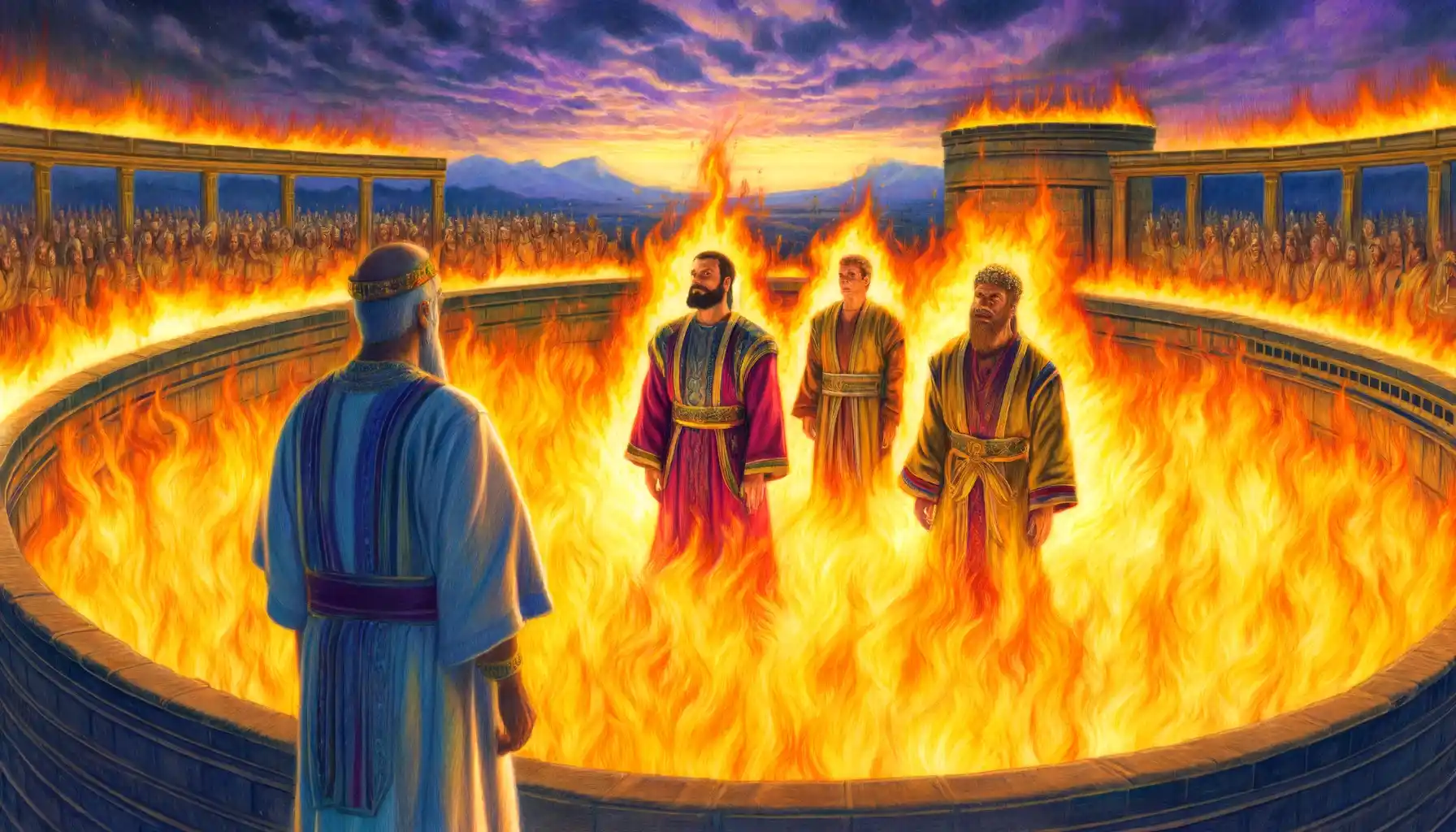In 2 Kings 4:32-37, the resurrection of the Shunammite’s son by Elisha, through an intimate and miraculous act of physical contact, highlights the divine power over life and death and underscores the profound faith of the mother, illustrating the close, reciprocal relationship between God’s prophets and those they serve.
Nehemiah’s prayer in Nehemiah 1:4-11 is a profound intercessory plea that combines confession, remembrance of God’s covenant, and a request for success in his mission, embodying a deep commitment to God’s will and demonstrating how true leadership is undergirded by humility, faith, and active reliance on divine guidance.
In Genesis 37:28, Joseph’s brothers sell him into slavery to Ishmaelite traders for twenty shekels of silver, setting in motion a series of events that fulfill divine prophecies and illustrate themes of betrayal, providence, and redemption within the biblical narrative.
The book of Obadiah’s focused message on judgment and hope offers insights into the prophetic views of justice and the restoration of God’s people.
The Book of Daniel provides profound insights into faith, prophecy, and divine sovereignty, making it a critical work for both theological studies and literary exploration.
Nazareth, celebrated as the childhood home of Jesus Christ, embodies a rich tapestry of historical, archaeological, and religious significance, serving as a pivotal site for Christian pilgrimage and a vibrant symbol of coexistence in the heart of the Middle East.






